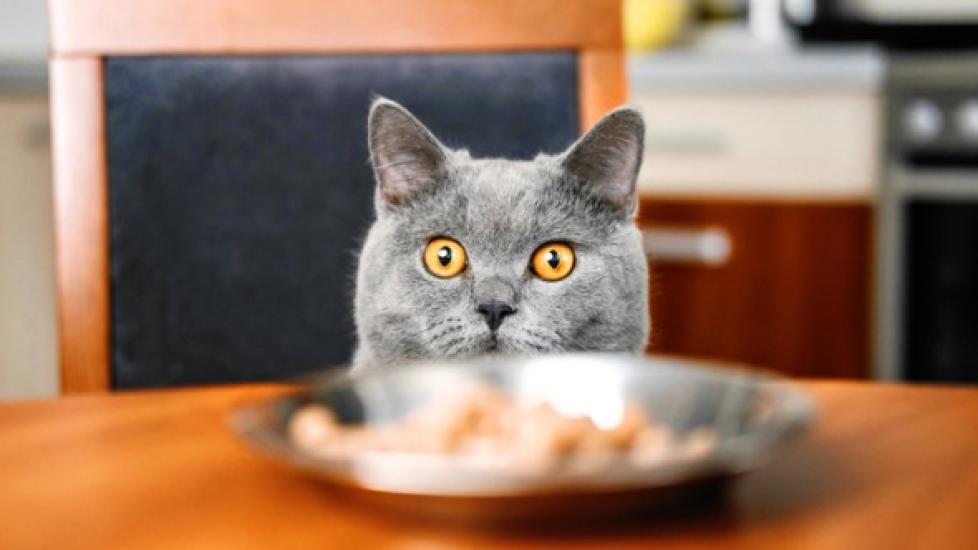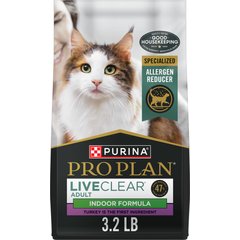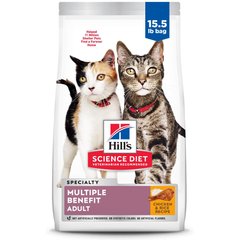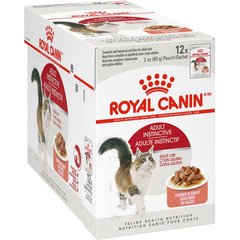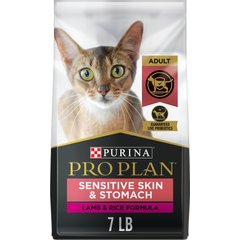Can Cats Eat Turkey?
Have you ever walked away from your turkey sandwich for a second, and then come back to find the turkey missing and your cat licking their lips?
Cats are obligate carnivores, which means that they are designed to eat and process meat. So it’s no wonder why so many cats love turkey or any other meat, and why animal protein is the main ingredient in almost every cat food recipe.
But can cats eat all kinds of turkey, like turkey lunch meat or turkey scraps from your meal? Is it healthy for them? Here’s what you need to know about turkey for cats.
Is Turkey Good for Cats?
Yes, turkey has many nutritional benefits for cats. It’s low in calories and fat, and is rich in B vitamins, selenium, magnesium, zinc, phosphorous, sodium, and potassium. However, it is low in fiber, which cats need to produce normal stool.
Dark turkey meat contains more iron and B vitamins than white meat, but it’s also higher in calories, cholesterol, and fat. As a rule, the dark meat is more nutritionally dense, but the price for that is more calories.
Turkey also contains the amino acid tryptophan, which is known to make people sleepy. You might be wondering whether this is the case with cats as well. Some animals do seem to respond similarly to the effects of tryptophan in their food.
However, any “people turkey” fed to cats should be in snack-sized amounts—just a piece smaller than the size of your top thumb joint. It is highly unlikely that feeding a cat this amount of turkey will make them sleepy just from the tryptophan. It might be that your cat is just taking a nice nap on a full stomach after having a meal and then a little turkey snack.
Vet Recommended Cat Food
- Purina Pro Plan LIVECLEAR Adult Indoor Formula Dry Cat Food, 3.2-lb bag$23.48Chewy Price
- Hill's Science Diet Adult Multiple Benefit Chicken Recipe Dry Cat Food, 15.5-lb bag$63.99Chewy Price
- Royal Canin Feline Health Nutrition Adult Instinctive Chunks in Gravy Cat Food Pouch, 3-oz, case of 12$26.28Chewy Price
- Purina Pro Plan Adult Sensitive Skin & Stomach Lamb & Rice Formula Dry Cat Food, 7-lb bag$28.08Chewy Price
Should Cats Eat Raw or Cooked Turkey?
Cats should always be fed cooked turkey. Despite the debates on raw food versus cooked foods for pets, the safe option for pets and people is to only eat cooked turkey.
Raw meat may contain bacteria, which can make you and your pets extremely sick. This is why you should use separate cutting boards for meat and vegetables when you cook. Pets that are fed bacteria-containing raw meats can become ill and transmit the illness to people, which is not worth the risk.
Can Cats Have Turkey Bones or Skin?
When you share turkey with your kitty, remove all of the turkey skin as well as the bones. Turkey skin is very high in fat and could result in an upset tummy or a more serious case of pancreatic inflammation (pancreatitis).
Turkey bones should always be avoided. Since bird bones are hollow, they are also very fragile. This means that they can splinter easily, which can cause injuries in the mouth, esophagus, stomach, and intestines.
Sometimes bones and bone fragments can cut or poke holes in the intestines and neighboring organs. For this reason, it is extremely important to be sure that no bones are present in any turkey that you feed your pets.
Can Cats Eat Turkey Bacon?
Turkey itself is a healthy treat for cats, but turkey bacon is not so healthy for them. Although it isn’t toxic to cats, it is loaded with salt, preservatives, and fat. Over time, eating a lot of turkey bacon can lead to hypertension, heart disease, obesity, and other health issues. While you can indulge kitty with some plain, cooked turkey, skip the turkey bacon.
How Much Turkey Can Cats Eat?
Although turkey is a healthy treat for cats, treats are only healthy in moderation. On a day-to-day basis, treats should total no more than 10% of your pet’s daily calories. You probably don’t count your cat’s calories, but 10% is not very much at all. Restrict your kitty to a helping the size of your top thumb joint, and only offer it if your cat is healthy and has no health problems.
If your cat gets into some turkey on their own and has eaten a lot, or you’re concerned that the turkey had spices, skin, or bones in it, contact your veterinarian for a consultation.
How to Safely Feed Your Cat Turkey
Cats can be fed turkey in a number of ways. If your kitty is a true turkey fan, consider feeding them one of the turkey-based commercial pet foods on the market. This is the best way to make sure your cat gets a balanced diet while enjoying the taste of turkey.
If you are looking to share with your cat, plain cooked turkey is the way to go. It can be breast meat, ground turkey, or dark meat that’s baked, boiled, broiled, or otherwise prepared, except deep-fried, which has too much fat. Do not add any spices or seasonings. Some seasonings used in pre-cooked or even raw turkeys can make your cat sick, so it’s best to cook your own and check the labels when buying the raw meat.
Remove the skin and bones, cook the turkey fully, let it cool, and share a small portion (about a 1-inch cube) no more than once per day. This snack can be broken up and fed directly to your cat, used to top their food, or placed in an exercise food toy.
Featured image: iStock.com/Denis Valakhanovich
